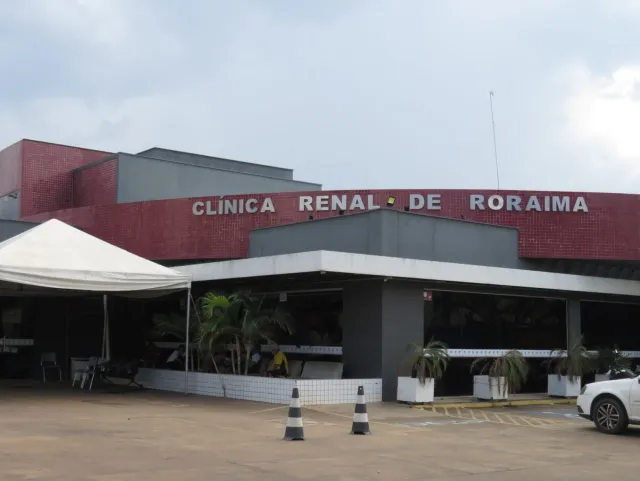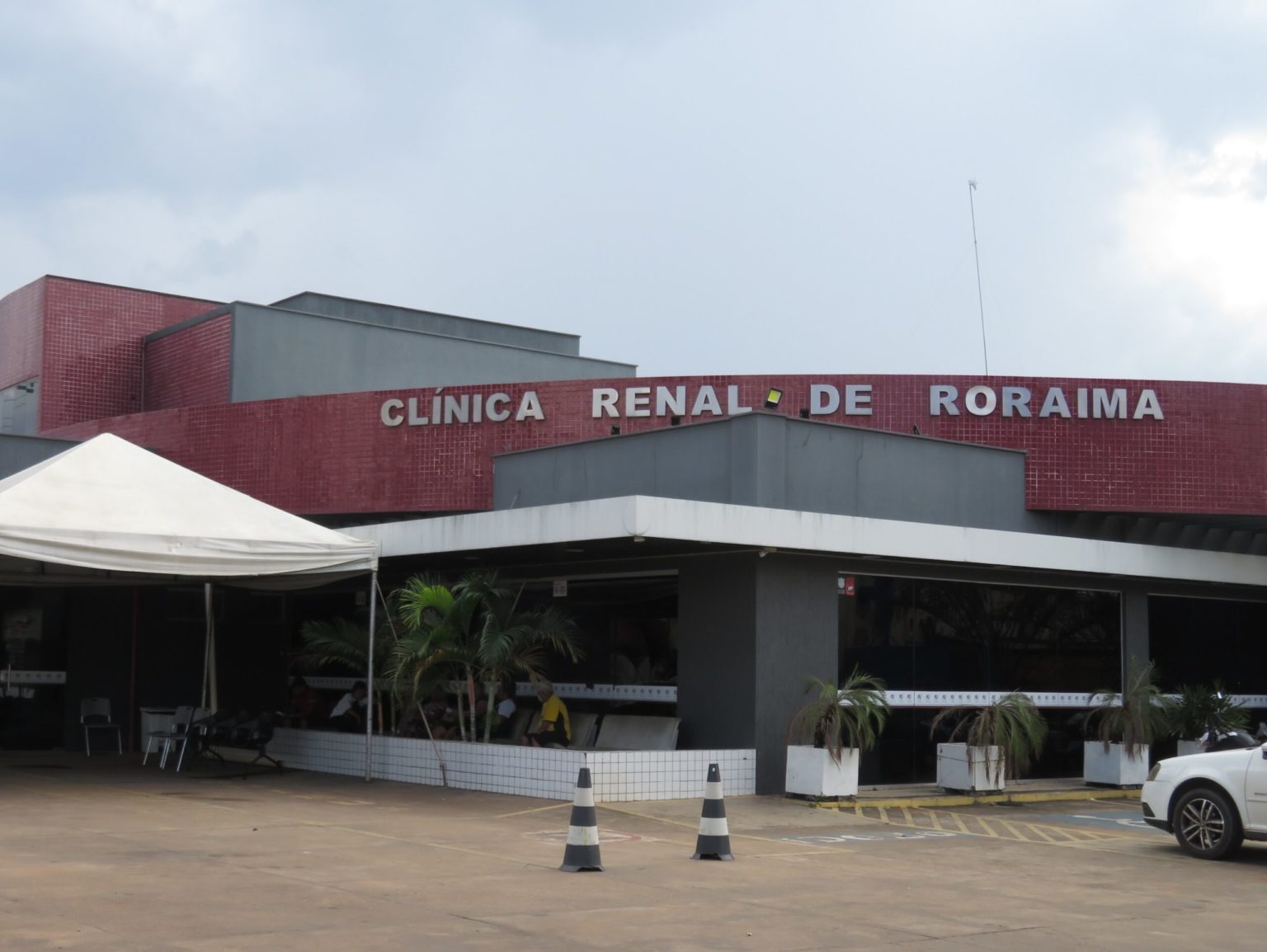
“I’m drowning” was Oscar Nunez’s expression when he was diagnosed with a kidney disease that would condemn him to depend on an artificial kidney for the rest of his life if he remained in Venezuela, a country where dialysis is 80% of the time. Dialysis units are out of order, according to monitoring by the Friends of Kidney Transplantation of Venezuela.
by: Caroni mail
He confirms: “It hurt me because it was not my fault. I got sick because of a government decision.” A shortage of antiretrovirals between 2016 and 2017 forced him to stop treatment. During that period, his immune system declined and the first thing the virus destroyed were his kidneys. Oscar has been dealing with HIV for 12 years. He cannot remember a more important moment than the one he spent in Venezuela during those years.
“When the medications finally arrived, I started to feel worse. We realized that because of the interruption, the virus had become resistant to treatment and they had to change us to another regimen… but I already had kidney damage.”
Oscar is one of 21,000 Venezuelans who depend on dialysis and dialysis in their lives. This figure is taken from the latest joint report by the NGO Codevida and the Association of Friends of Organ Transplantation of Venezuela.
The next thing is for him to accept that his life will never be the same, and that he will have to adjust his plans to fit this new reality: dialysis three days a week, taking at least three medications a day, and the pain of not knowing whether supplies will be available. He will arrive or not, whether or not the power goes out, whether or not there is piped water service, whether or not he is able to stick to the diet to keep his phosphorus, sodium and potassium levels stable.
He had to resign from the Computer Crimes Department of the Bolivarian National Intelligence Service (SEBIN), where he had worked for at least ten years.
Fear accompanied Oscar every time his dialysis was suspended due to lack of supplies, electrical malfunctions, or machine breakdown. Or when he had to travel 119.7 kilometers (an hour and a half on the road) three days a week from Puerto Ordaz – the town where he lives – to Ciudad Bolivar, in the state of Bolivar on the border with Brazil, so that you can be treated in the only unit in the whole world. The eastern part of the country that has two machines dedicated to people infected with HIV: the dialysis unit at the Julio Criollo Rivas Hospital, in the Ruiz y Baez University Hospital Complex, which is the most important in the Guyana region. .
You can read the full memo at Caroni mail

“Music buff. Social media lover. Web specialist. Analyst. Organizer. Travel trailblazer.”

:quality(85)/cloudfront-us-east-1.images.arcpublishing.com/infobae/TEQF6EONZRFGLLLDIDD4L2O4EE.jpg)

:quality(75)/cloudfront-us-east-1.images.arcpublishing.com/elcomercio/XU32LRAEZFDDPNVHLFU3CKVBYY.jpg)



More Stories
Sheinbaum, Galvez, Mainz campaign wrap-up, news and more
Sheinbaum and Mainz’s CDMX campaign wraps up: Road Alternatives and Street Closures
Ortega attacks Humberto Ortega and declares him a “traitor to the country”